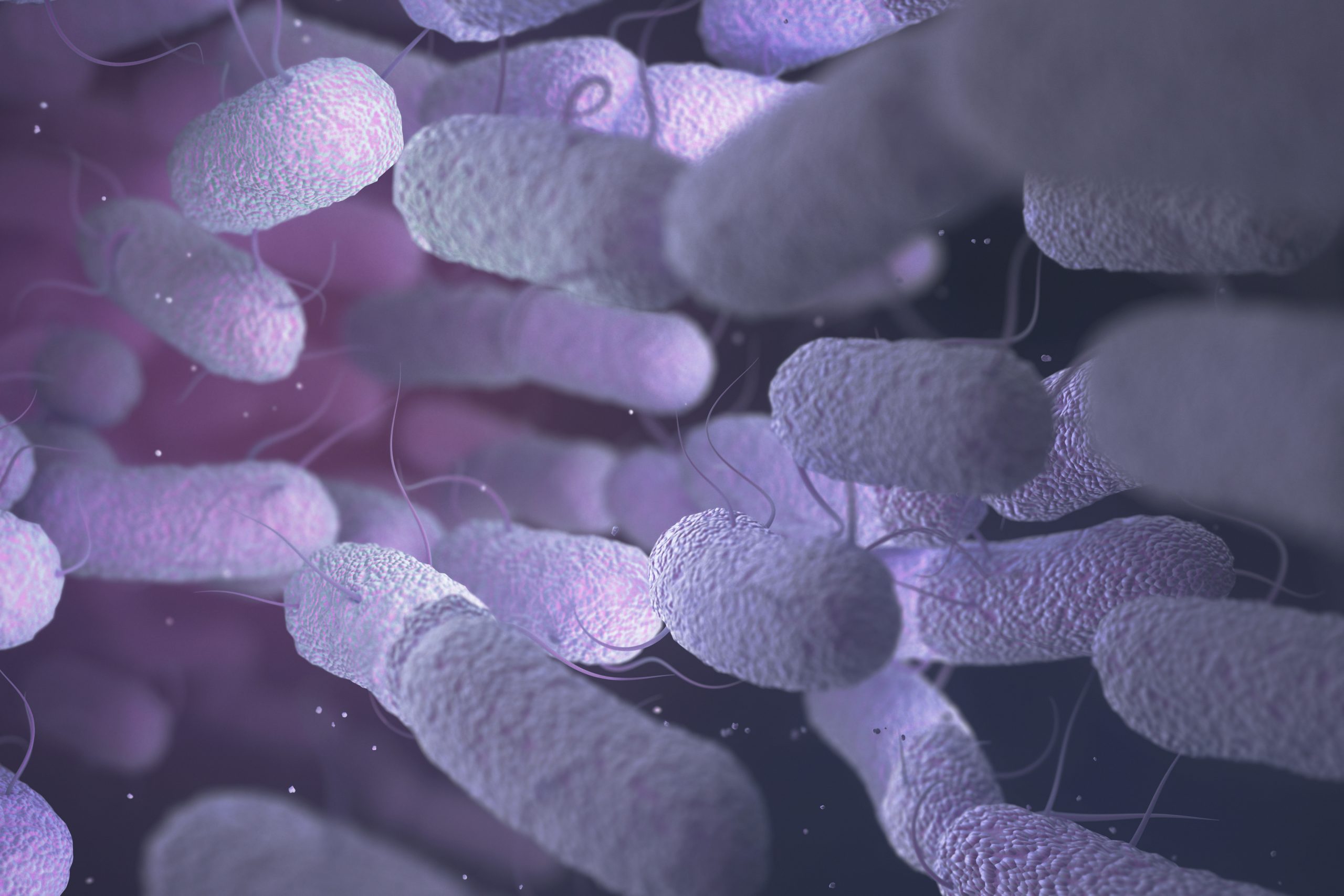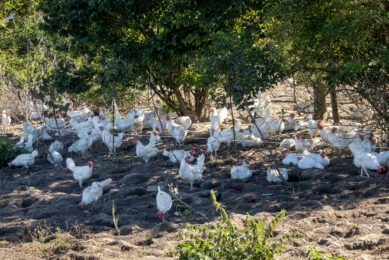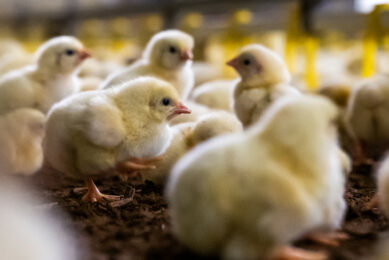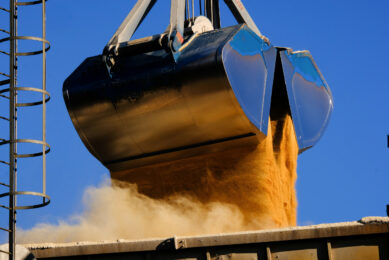Impacts of gut microbiota on animal health

Intestinal microbiota are of fundamental importance for host health, because they help in maintaining gut homeostasis. So it is important to better understand the link with microbiota and animal health.
The intestinal microbiota is the collection of microorganisms (bacteria, fungi, archaea, protozoa, and viruses) within the gastrointestinal (GI) tract. Intestinal microbiota are of fundamental importance for host health, because they help in maintaining gut homeostasis by competing with transient enteropathogens, and by producing immunomodulatory metabolites such as short-chain fatty acids, secondary bile acids, and idol derivatives. Various studies across animal species have reported changes in microbial communities in acute and chronic gastrointestinal diseases. While many such studies have been performed in rodent models for human disease, in human patients, and recently in companion animals, relatively little is known about such changes in swine and poultry. Most commonly observed changes are decreases in the bacterial phyla Firmicutes (i.e., Lachnospiraceae, Ruminococcaceae, Faecalibacterium) and Bacteroidetes, with concurrent increases in Proteobacteria (e.g., E. coli).
Use of metabolomics
Changes in the intestinal microbiota result in functional, immunological, and nutritional consequences for the host. It is important to better understand the functional consequences of microbial dysbiosis. Recent emerging research in the field of metabolomics using various mass spectrometry platforms combined with metagenomic analysis of intestinal microbiota allows to measure simultaneously several hundred to thousands biochemical molecules derived by the host as well as bacteria. This approach allows identifying which molecular pathways are regulated by intestinal microbiota and how these pathways are affected by antibiotic use, nutrition, and intestinal disease. This exiting new approach may allow identifying which bacterial taxa are most important functional key species within the microbiota and may serve as novel probiotic candidates. Furthermore, identification of immunomodulatory key metabolites may allow to directly administering these to animals as postbiotics. For example, changes in bile acid metabolism, short-chain fatty acid concentrations, and tryptophan pathways have recently been reported in various animal species using metabolomic analyses. Especially changes in bile acid metabolism due to intestinal bacteria are of potential interest to the field of production animals, as intestinal bile acids in humans are now considered important signaling molecules that regulate nutrient uptake, energy homeostasis, regulate insulin and glucose levels, and provide anti-inflammatory signals. Furthermore, physiological concentrations of secondary bile acids inhibit growth of enteropathogens (i.e., C. difficile) in the GI tract.
More studies are needed
Clearly, the intestinal microbiota and its metabolites are emerging as an important target for modulation. More studies are needed to describe the intestinal microbiota changes in response to various diets, and across production platforms. The impact of diets and antibiotics on the intestinal microbiota, especially at low-dose growth promoting levels needs to be described in more details to better understand the mechanisms of food-conversion and potentially to develop better alternatives to antibiotics.
Jan Sucholdoski presented this information at the Antibiotic reduction event in October (Rome, Italy), organised by Phileo. Nearly 300 participants from 45 countries attended the event, which focused on the central theme of reducing antibiotic use and embracing the opportunities presented by a global market that is evolving rapidly on this topical issue.











